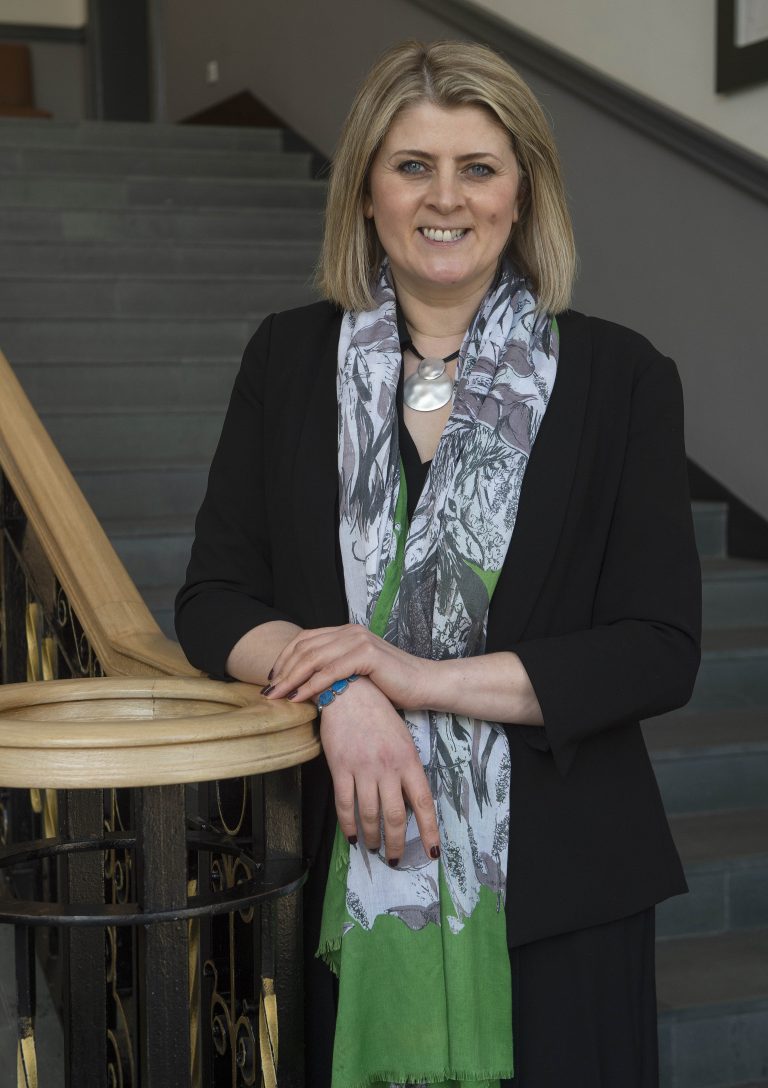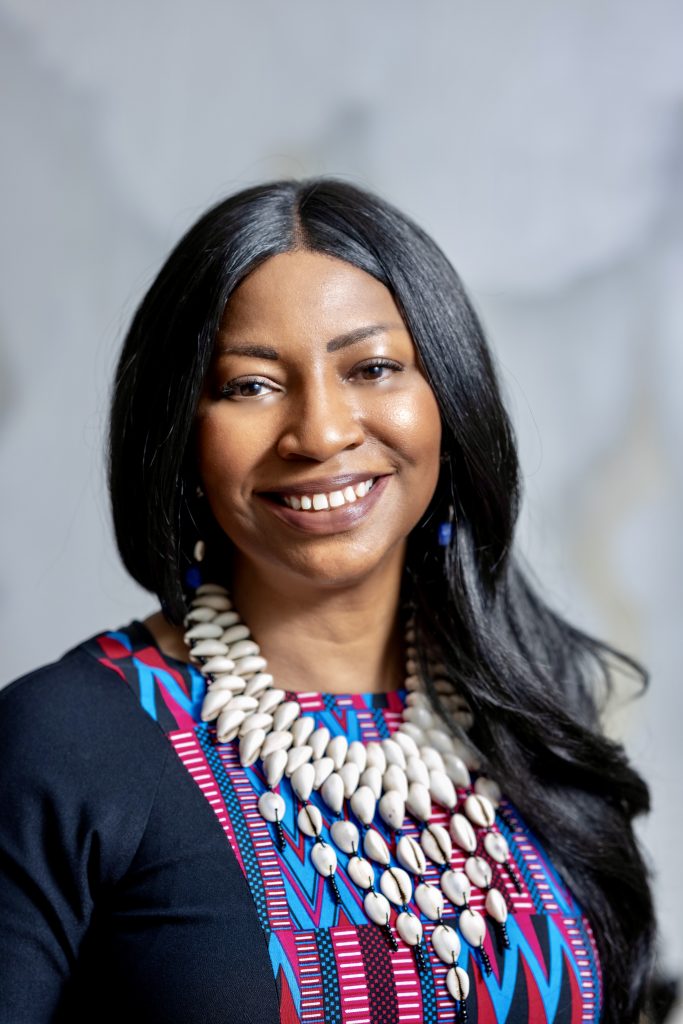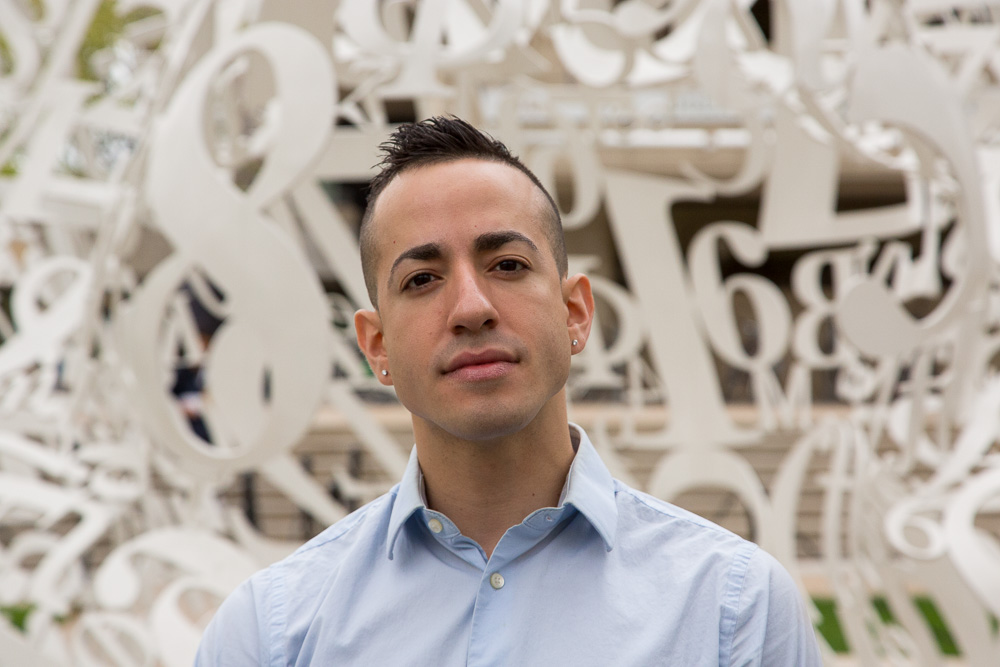Keynote Speakers
We are delighted to announce the following Keynote Speakers who will be presenting at iPres 2022.
Amina Shah

Video Killed the Radio Star: preserving a nation’s memory.
National Library of Scotland is the guardian of the published and recorded memory of Scotland for current and future generations. It’s mission is to collect, preserve and make available diverse materials that represent the lives and memories of Scotland’s people. This keynote will discuss some of the wonders of those collections and some of the challenges the Library faces in adapting collection and preservation within the context of a rapidly and ever-changing world.
Biography
Amina Shah is the National Librarian and Chief Executive of the National Library of Scotland. She has more than 25 years’ experience across the library and cultural sector, including both public and academic libraries. She was a previous CEO of the Scottish Library and Information Council and Director of Programme at the Scottish Book Trust and is currently President of CILIP in Scotland. Amina has a strong interest in the role libraries, education, literature and culture play in empowering individuals and communities and how organisations can work collaboratively and creatively to maximise their impact and reach.
Tamar Evangelestia-Dougherty

Digital Ties That Bind:
Effectively Engaging With Communities For Equitable Digital Preservation Ecosystems
Socio-economic challenges in community archives call for more robust digital preservation collaborations to create meaningful pathways toward a holistic digital ecosystem. Community archives are often understaffed, under-resourced and in many cases operated by a singular person whose passion is to document the community in which they live. Due to a lack of effective engagement from mainstream institutional partners, many community archives are collecting and preserving cultural heritage collections in isolation without proper succession plans in place which secure the digital sustainability and future of the archives they steward. As the professional focus on digital preservation of community archives continues to grow, who bears the agency and civic responsibility to dismantle institutional, disciplinary, and societal barriers to true empowerment, capacity building and effective community engagement? What does effective engagement look like in an organization’s digital preservation strategies regarding the local history and cultural heritage collections that remain in the custody of their community stakeholders?
Drawing on her own experience as community archives advocate and case studies in North America, Tamar Evangelestia-Dougherty will explore socially engaged techniques to facilitate collaboration and effectively center digital equity and inclusion structures in your engagement efforts to implement multi-stakeholder digital preservation strategies with community archives.
Biography
Tamar Evangelestia-Dougherty is the inaugural director of the Smithsonian Libraries and Archives. The recently integrated Smithsonian Libraries and Archives contains nearly 3 million library volumes and over 44,000 cubic feet of archival materials chronicling the history of the Smithsonian. Evangelestia-Dougherty oversees 137 employees, a national advisory board of 15 members, an annual budget of over $16 million and 22 library branches and reading rooms located in Washington, D.C., New York City, Maryland, Virginia and the Republic of Panama.
Previously, Evangelestia-Dougherty was an associate university librarian at Cornell University where she initiated Cornell RAD, a new research hub for rare and distinctive collections. She is also a faculty member of the UCLA California Rare Book School. As director of collections and services at New York Public Library’s Schomburg Center for Research in Black Culture from 2013 to 2014, Evangelestia-Dougherty led collection and programmatic development of five curatorial divisions. At the University of Chicago’s Black Metropolis Research Consortium, she served as executive director from 2011 to 2013 and as consulting archivist from 2007 to 2011. There, she successfully led initiatives to discover and make accessible archives related to the African American diaspora.
In addition to her extensive work with rare and distinctive collections, Evangelestia-Dougherty is a published author and public speaker who has presented nationally on topics of inclusivity and equity in bibliography, administration, and primary-source literacy. She currently serves on the boards of Digital Scriptorium and the American Printing History Association and is a member of the American Antiquarian Society
Evangelestia-Dougherty holds a Master of Science in information science from Simmons University’s School of Library and Information Science in Boston and a bachelor’s degree in political science from the University of Houston.
Steven Gonzalez Monserrate

After the Cloud: Rethinking Data Ecologies through Anthropology & Speculative Fiction
Thrumming at the speed of light, a tangle of devices and infrastructures like data centers conjure a weightless fantasy we abbreviate as the Cloud. In recent years, scholars, journalists, and activists have revealed, however, that the Cloud is far from ethereal. The digital is a material and ecological force. As the digital divide closes and data production accelerates exponentially, the need to realize a sustainable future for data storage is crucial for collective survival. Drawing on six years of ethnographic fieldwork in data centers, this keynote explores the ways that data centers and other digital storage infrastructures contribute to climate change, desertification, noise pollution, and the proliferation of toxic e-waste. Amid forecasts for a tenfold increase in data storage capacity by 2030, data storage industry professionals are striving to bring about carbon-neutral or climate-neutral data center designs and practices. This keynote surveys a range of data centers of the future, thinking with artists, futurists, speculative fiction writers and engineers to sketch what sustainable data storage might look like at the end of the decade and beyond. Topics will include proposed underwater or extraterrestrial data centers, 5d memory crystals, data gardens powered by synthetic DNA storage capabilities, and emerging quantum computing technologies.
Biography
Steven Gonzalez Monserrate is a PhD Candidate in the History, Anthropology, Science, Technology & Society (HASTS) program at the Massachusetts Institute of Technology. He is an ethnographer of data centers and his dissertation surveys the diverse ecological impacts of computing and digital data storage in New England, Arizona, Puerto Rico, and Iceland. His writing appears in Popular Science, Scientific American, The Wire, MIT Press Reader, Anthropology & Humanism and the interdisciplinary journal, New Media & Society. Steven holds an MA in Anthropology from Brandeis University and a BA in Feminist Anthropology from Keene State College. He is also a speculative fiction writer and filmmaker.